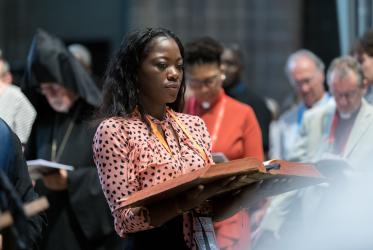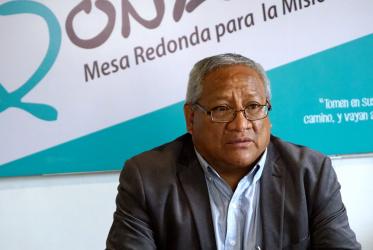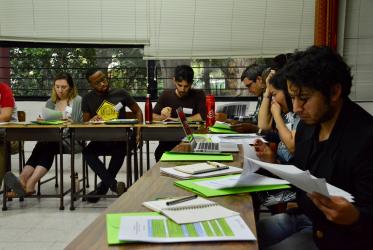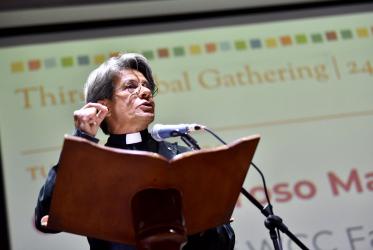Displaying 1 - 20 of 51
WCC will host consultation on evangelism and formation in Latin America
20 September 2023
Migrants in Argentina find listening ears and open hearts
04 November 2022
WCC Eco-School encourages youth to become eco-ambassadors
08 November 2018
Voices from Colombia: “What if we have no land to till?”
15 February 2018
Seven weeks of Lent highlight water justice in Latin America
12 February 2018

















